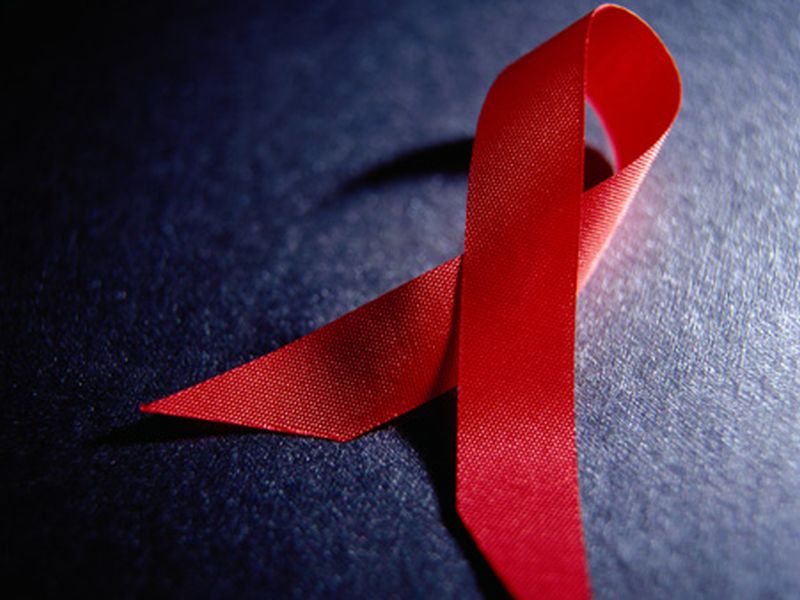FRIDAY, Dec. 1, 2017 (HealthDay News) — A new study warns of a potential return to the “bad old days” when there were no effective drugs to fight HIV, the virus that causes AIDS.
Timed for release on Dec. 1, World AIDS Day, the new study looked at data on more than 56,000 adults living with HIV in sub-Saharan Africa, Asia and Latin America.
In total, patients in 63 low- and middle-income countries were screened, and all began or restarted treatment with antiretroviral drugs between 1996 and 2016.
The study found that the virus is gaining resistance to the lifesaving medicines. Resistance to the drugs increased between 2001 and 2016 and is approaching and exceeding 10 percent of people tested.
Drug resistance was increasing fastest in countries in Eastern and Southern Africa.
If the trend continues, the researchers warned, even a resistance rate of 10 percent or more would mean 890,000 more deaths from AIDS in sub-Saharan Africa by 2030, along with 450,000 new infections.
Patients with drug resistance were more likely to have previously taken antiretroviral drugs, often during pregnancy, said the team led by Ravindra Gupta, professor of infection and immunity at University College London in England.
“Treatments for HIV have improved immensely in recent years, and close to 21 million people worldwide are now being treated with antiretroviral therapy,” Gupta said in a university news release. “Yet to end the AIDS epidemic as a public health threat, minimizing drug resistance will be one part of the response.”
How does HIV mutate around powerful antiretroviral meds? Gaps in treatment ease the way, Gupta said.
“Many people develop drug resistance after being treated by antiretroviral drugs if they stop taking their medication — often due to personal reasons, difficulty accessing treatment providers, or drug supply issues that are common in low-income regions,” he explained.
“When these individuals restart treatment at a later date, they are less likely to respond to therapy and may pass on the drug-resistant strains to other people,” he said.
Gupta said the new findings “show the importance of improving how we monitor drug resistance, and suggest we should review which drugs are included in first-line therapies.”
The study did not look at wealthy nations, but previous research has shown that rates of resistance to HIV drugs were either stable or falling in those countries.
The study was published Nov. 30 in The Lancet Infectious Diseases.
More information
The U.S. National Institute of Allergy and Infectious Diseases has more on HIV treatment.
Copyright © 2026 HealthDay. All rights reserved.

